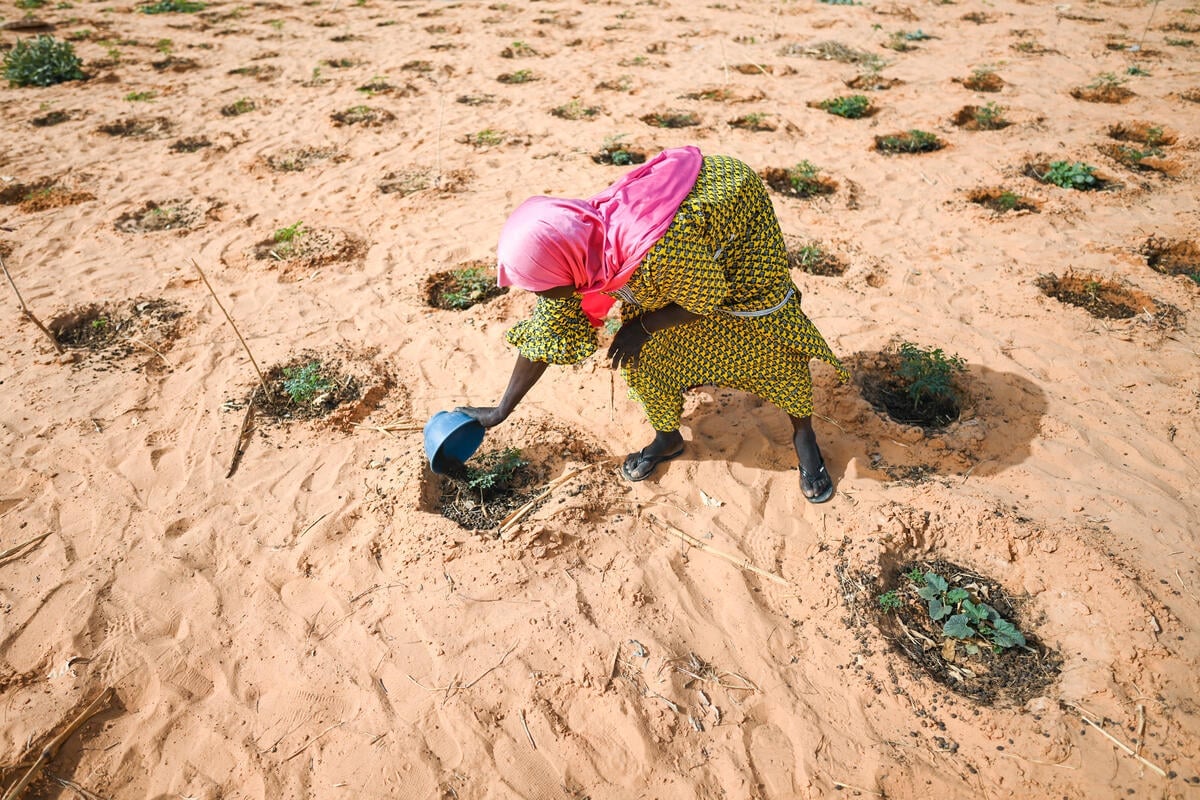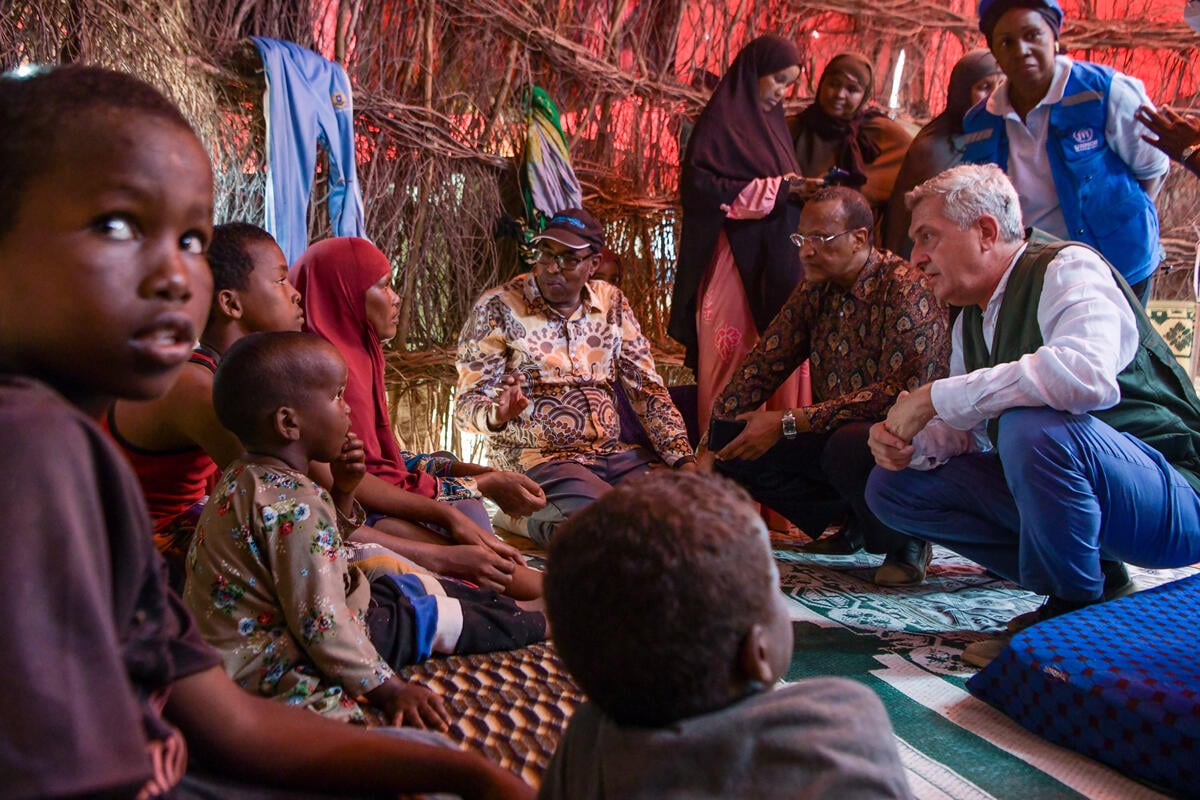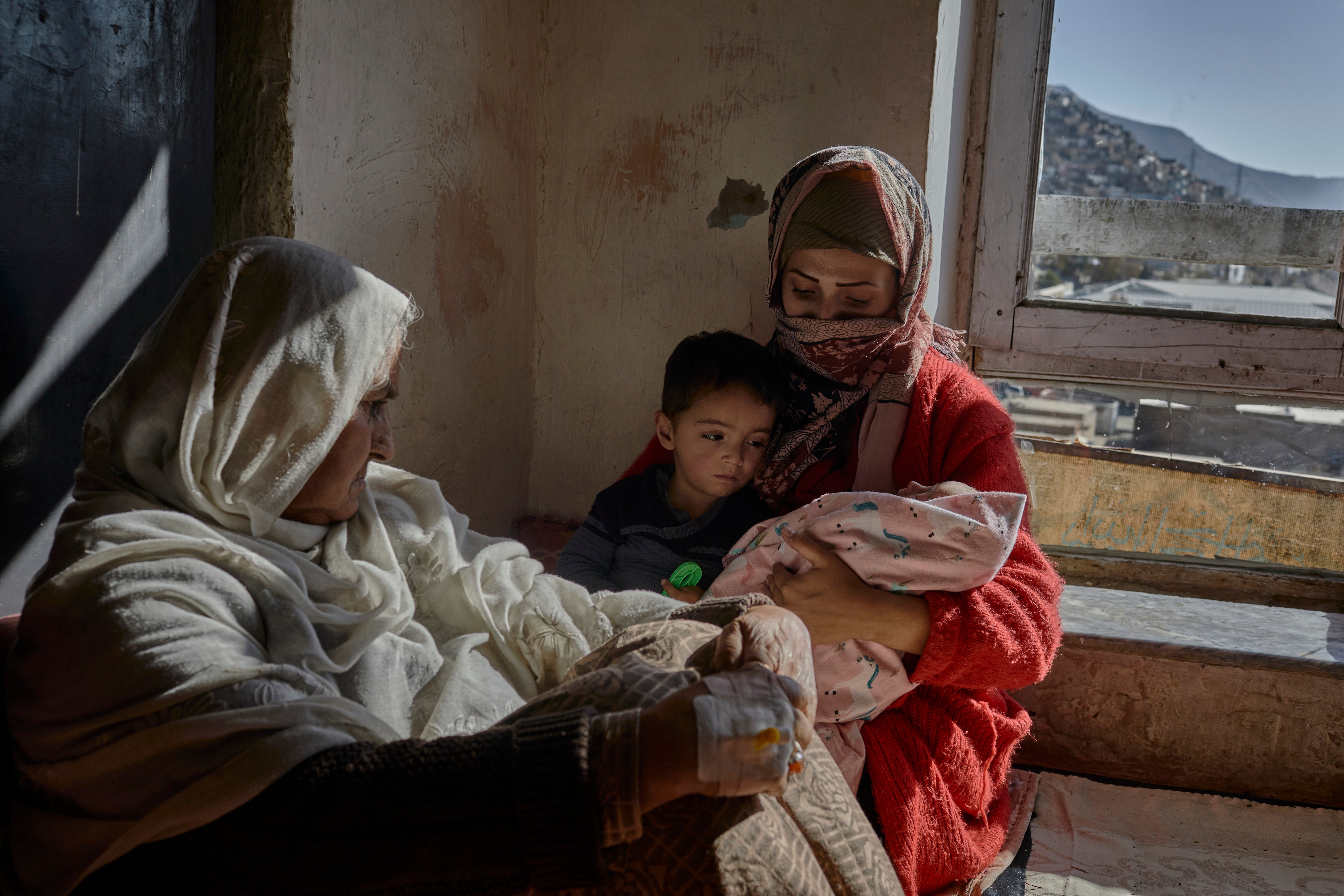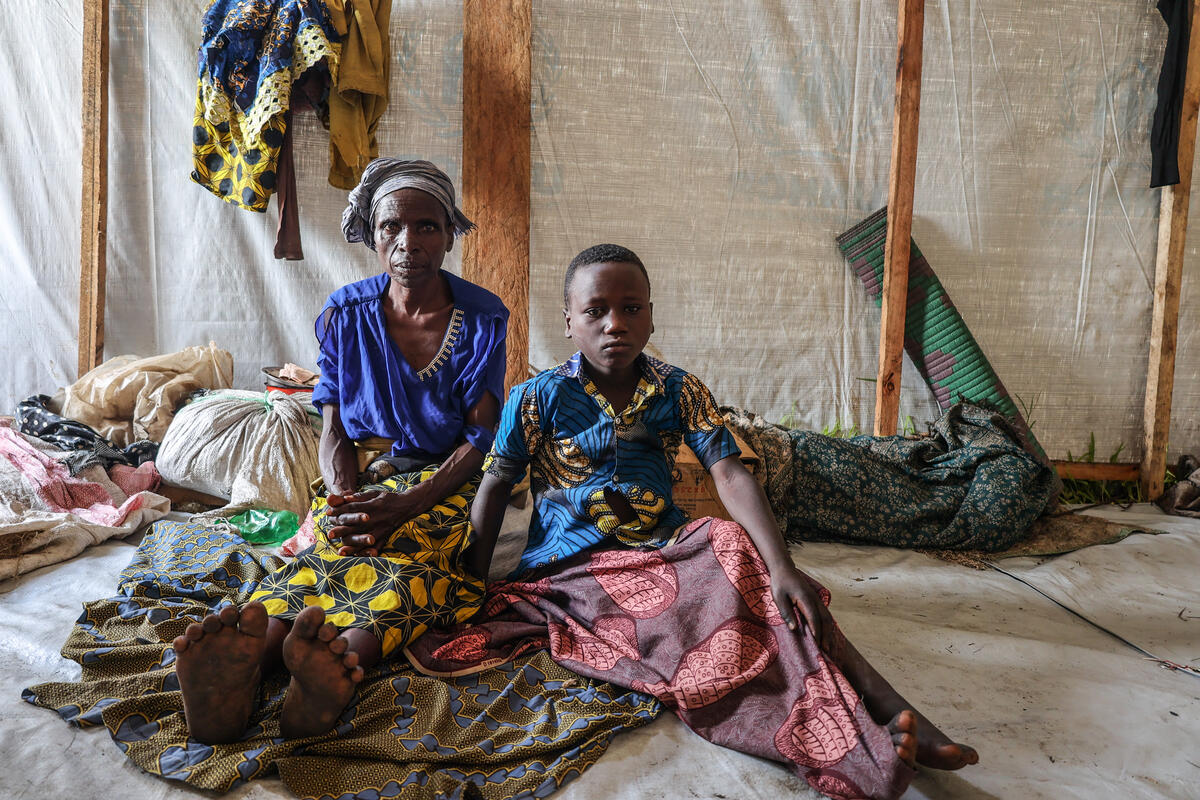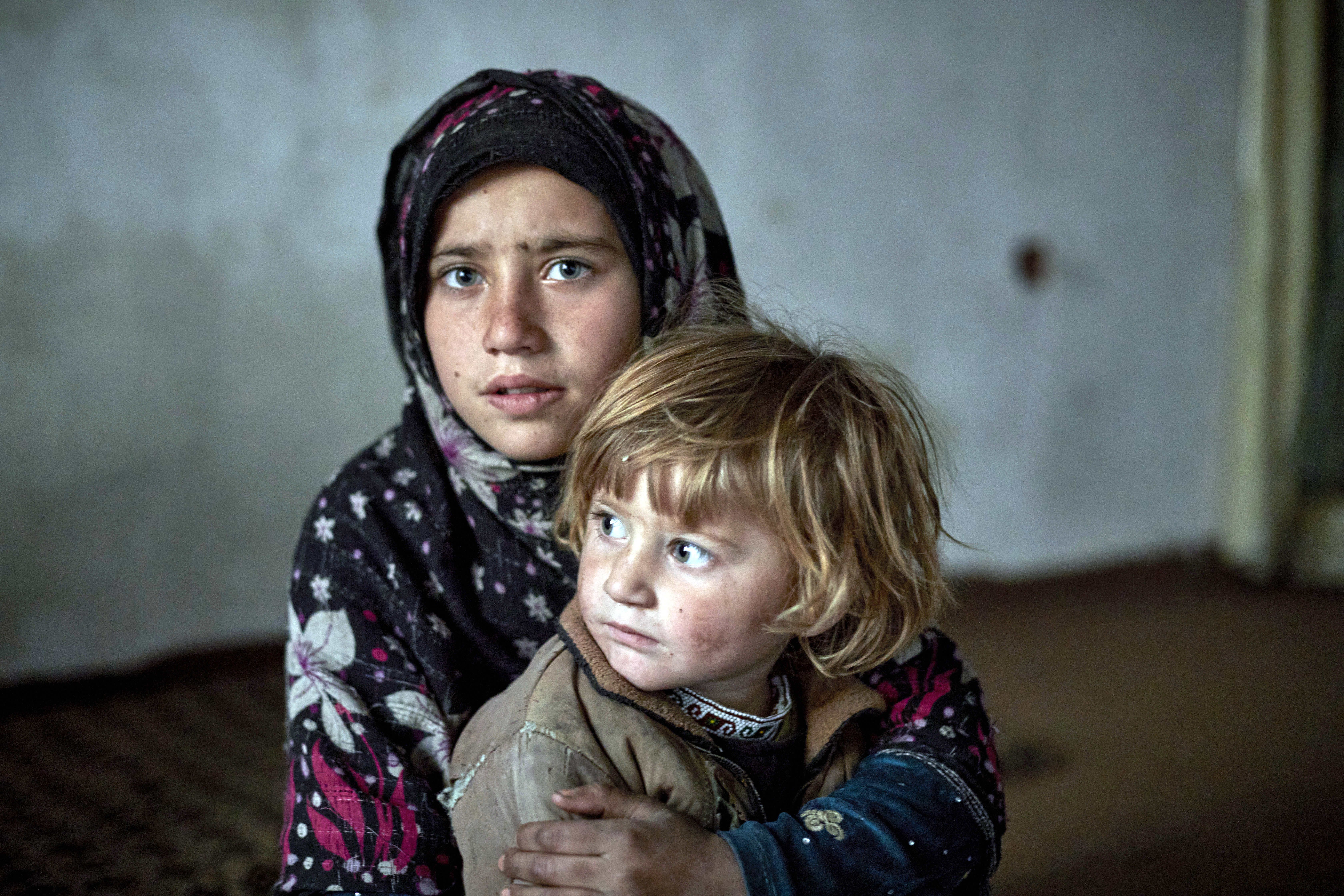UNHCR concerned about indigenous peoples caught in Colombian conflict
UNHCR concerned about indigenous peoples caught in Colombian conflict

BOGOTA, Colombia, May 23 (UNHCR) - The UN refugee agency has voiced serious concerns over the plight of Colombia's indigenous people amid reports of displacement and harassment by armed groups in the country's deteriorating internal conflict.
Last week, hundreds of Guahibo-Sikuani indigenous people were forced to flee their homes due to heavy fighting between left-wing guerrillas and right-wing paramilitaries in the municipality of Tame, in the north-eastern department of Arauca, close to the Colombian border with Venezuela. The indigenous municipal authorities reported that several women and girls were raped by members of the irregular armed groups.
UNHCR is monitoring the situation in Tame, working closely with the Ombudsman's Office, the Office of the UN High Commissioner for Human Rights in Colombia, and non-governmental agencies CODHES (Consultoría para los Derechos Humanos y el Desplazamiento) and PCS (Project Counselling Service).
The refugee agency is also trying to ensure that emergency assistance is brought to the affected communities by liaising with the Colombian government's agency that deals with internal displacement, the Social Solidarity Network.
In a separate incident in late March, hundreds of Venezuelans and Colombians on the Venezuelan side of the border, including some indigenous Bari people, were reportedly displaced when armed clashes broke out between Colombian guerrillas, paramilitaries and the Venezuelan army in the border zone.
Also at risk of displacement are some 400 Kuna people (also known as the Tule) in Arquía, in the Urabá region of north-western Colombia, close to the border with Panama. Threatened and intimidated by irregular armed groups, the indigenous community is considering leaving its ancestral homeland for Panama, where kinsmen have offered to take them in. The Kuna General Congress of Panama recently announced its willingness to shelter members of the Colombian Kuna communities of Arquía and Caiman, to protect them from the armed violence on the Colombian side of the border.
The host community on the Panamanian side of the border have also been affected by Colombia's civil conflict. In January, Colombian illegal armed groups attacked villages just inside Panama, killing four Kuna community leaders and causing hundreds of indigenous people to flee to Boca de Cupe in the Central Darién region of Panama.


